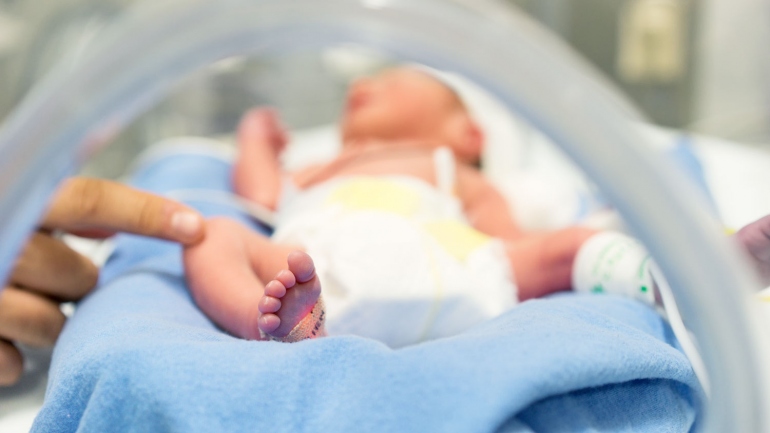Fetal Immune System Rejects the Mother in Preterm Labor

During pregnancy, cells from the mother and the fetus travel back and forth across the placenta.
Preterm labor, a common pregnancy complication, has long been a mystery to scientists. But a new study from UC San Francisco shows it may sometimes happen when the fetal immune system “wakes up” too early and begins to reject the mother, causing the uterus to start contracting.
The researchers think the fetal immune system becomes triggered in a case of mistaken identity. An initial infection in the mother can result in inflammation and arouse the fetal immune system. The fetal immune cells confuse the mother’s cells for an invader and mount an attack, in the form of inflammatory chemicals. These chemicals then trigger contractions, leading to preterm labor, the leading cause of infant mortality.
“The dogma has always been that the fetus has a very immature immune system, and as a result, people haven't really considered its possible role in pregnancy complications,” said senior author Tippi MacKenzie, MD, associate professor in the UCSF Division of Pediatric Surgery and the Fetal Treatment Center. “We showed that in patients who have preterm labor as a result of some kind of infection or inflammation – the most common cause of preterm labor – the fetal immune system awakens prematurely and may trigger labor.”
